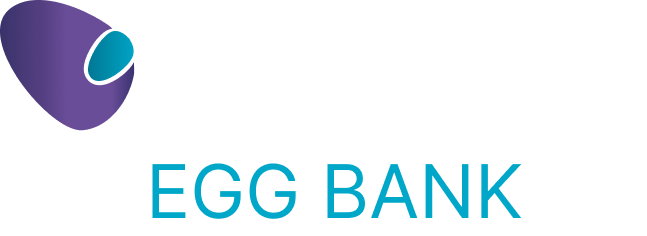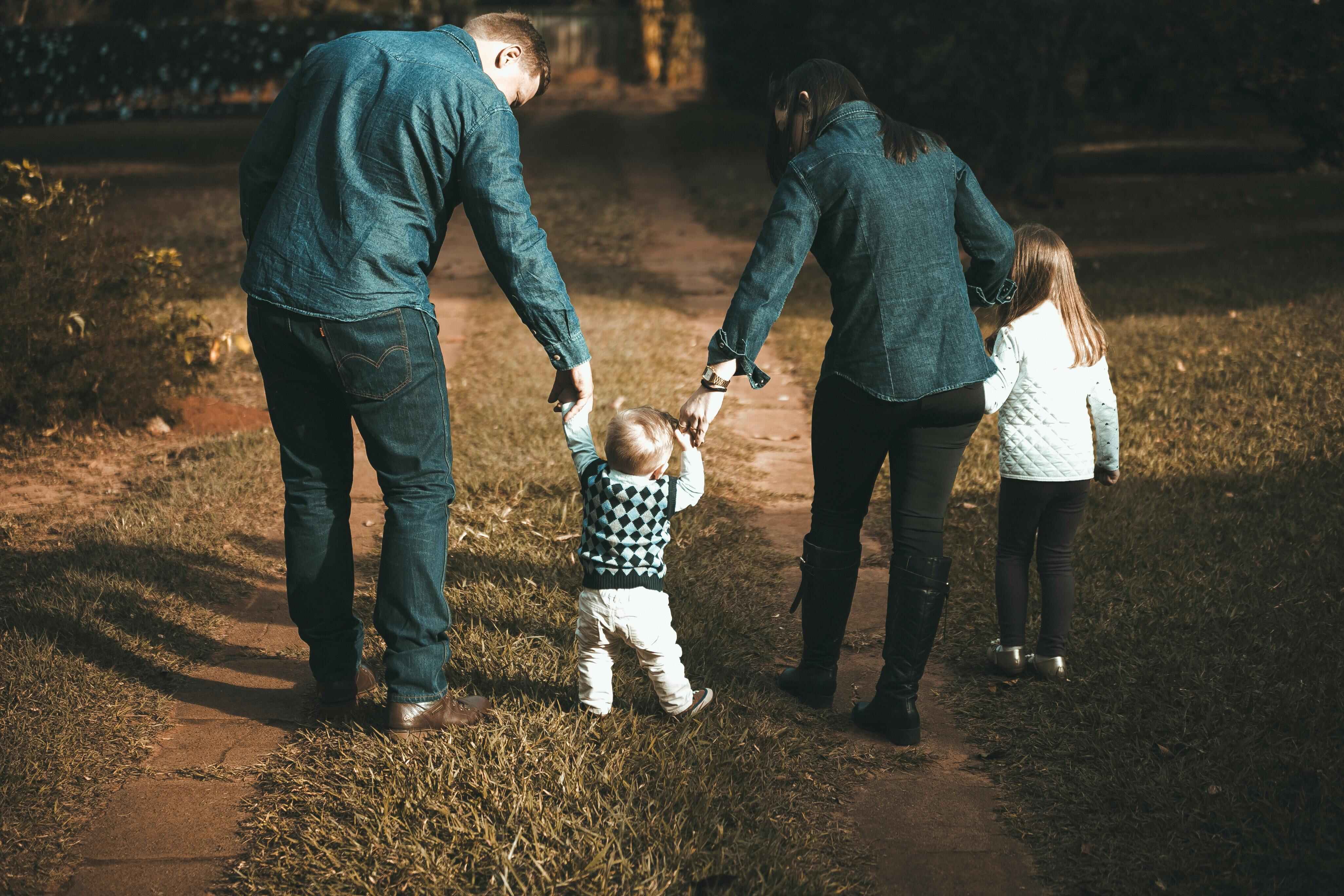Starting a family can be one of life’s most important decisions. For same-sex couples, the path to parenthood can involve extra steps and unique questions, including one that many couples find themselves asking early on: “Who will carry the baby?”
Whether you’re a female couple thinking about conception or a male couple exploring egg donation and surrogacy, there are a few different paths to parenthood. In this blog, we’ll walk you through the main options and some things to keep in mind as you take your next steps.
What are the options for same-sex couples?
For female couples, there are a few paths to pregnancy, including Intrauterine Insemination (IUI), In-Vitro Fertilisation (IVF), and Reciprocal IVF, where one partner provides the eggs and the other carries the pregnancy. Some couples may also require the use of donor eggs over the course of their fertility journey. This can be from various factors, including age, fertility status, and health or genetic conditions.
For same-sex male couples, building a family involves the support of both an egg donor and a surrogate. From there, one partner’s sperm is used to fertilise the donor egg through IVF.
Before deciding on the path that’s right for you, it’s a good idea to chat with a professional. This can be a counselor and/or a fertility specialist. They can walk you through your options based on your health, preferences, and future plans, helping you feel informed and supported every step of the way.
Read: The ultimate guide for LGBTQ+ couples using IVF and donor eggs
How do you decide who carries the pregnancy?
Fertility status
If one of you has known or possible fertility challenges, it might make more sense for the other partner to carry. A simple fertility check-up for both partners can offer helpful insights and make the decision a little clearer.
Health conditions
If either of you has a medical condition like diabetes or high blood pressure, or there’s a family history of genetic conditions, it’s worth factoring that in. A health check and a chat with a genetic counsellor can give you peace of mind before taking the next step.
Age
Age can play a role in fertility, with egg quality gradually declining from the early 30s and more noticeably after 35. If there is an age gap between you, the younger partner may have a better chance of conceiving. This is something to talk through together, with support from your specialist.
Read: When is the right time to use donor eggs?
Lifestyle
Things like overall health, diet, stress, and habits like smoking or drinking can all influence fertility and pregnancy. If one partner is already leading a lifestyle that supports a healthy pregnancy, that might help guide your decision, but small changes can make a big difference, too.
Another consideration may be access to paid parental leave. Support through maternity or parental leave can impact both timing and the choice of who carries. In Australia, some IVF treatments are partly covered by Medicare if there is a medical reason, and private health insurance may help with extra costs depending on your cover.
Personal choice
Sometimes it simply comes down to who feels more drawn to the idea of being pregnant. One partner may have always wanted to carry, while for the other, it might not feel like the right time due to work, health, or other personal reasons.
Can both partners become pregnant at the same time?
Some couples choose to be pregnant at the same time, which can be a special way to share the journey together. That said, it’s worth thinking about the emotional and physical load of pregnancy, and whether you’ll both have the support you need. If both partners would like the chance to carry, taking turns might be a more manageable way to grow your family.
What emotional factors should you consider?
Deciding who will carry the pregnancy can bring up strong emotions. One partner may feel deeply connected to the idea of being pregnant, while the other might worry about feeling left out of the experience. These are normal and important feelings to explore together.
Open, honest conversations, along with the support of a counsellor or psychologist, can help couples navigate these decisions. Remember, there’s no single “right” way to grow your family.
How much is IVF and fertility treatment for same-sex couples?
Different fertility pathways come with different costs. IUI is usually more affordable, especially if both partners are fertile. Reciprocal IVF can be a little more involved and more expensive, since it includes egg collection from one partner and an embryo transfer to the other.
If using your own eggs isn’t an option, donor eggs can also open up a valuable path to parenthood. With Central Egg Bank, you’ll have access to carefully screened, high-quality donors, and you won’t have to wait long to get started.
What are the legal issues for same-sex couples?
In Australia, laws around same-sex parenthood and surrogacy arrangements vary from state to state, which can make things a little more complex. It’s a good idea to chat with a legal professional who understands fertility and family law, as well as your IVF clinic staff and clinic counselor. This will help you to know exactly what to expect, and make sure everyone’s rights are protected from the start.
How Central Egg Bank can help your fertility journey
We’re honoured to help Australian families grow through egg donation. Whether you’re a same-sex female couple deciding who will carry the pregnancy, or a same-sex male couple seeking an egg donor and surrogate, egg donation plays a vital role in helping you build your family.
Our recipients have the opportunity to choose from a diverse pool of carefully screened donors. Each donor undergoes thorough medical, psychological, and genetic evaluations, so you can feel confident and supported in your decision.
For couples planning to grow their family over time, we offer the option to reserve a larger batch of eggs from the same donor. This allows couples the option of having one partner carry the first child and the other carry a second, while ensuring a genetic connection between siblings.
Life doesn’t always go to plan, so we’ve removed the stress of waiting. With no waitlists or delays, we’re ready to help you move forward whenever you’re ready, with kindness, clarity, and confidence.
Whether you already know who wants to carry or you’re still figuring it out, we’re here to help make that journey a little easier. If you’re ready to take the next step, you can register with us to get started or contact our team to chat about your options. Because no matter who carries the baby, what matters most is that you feel supported and ready to grow your family, your way.

















